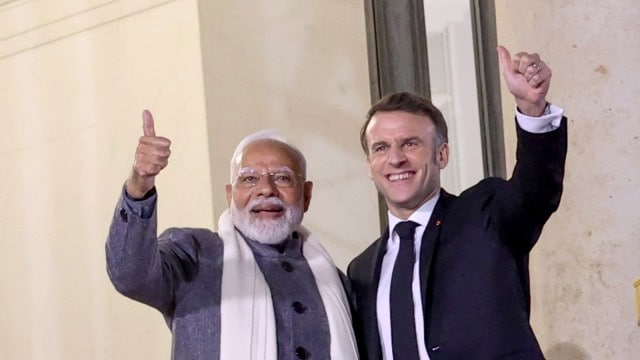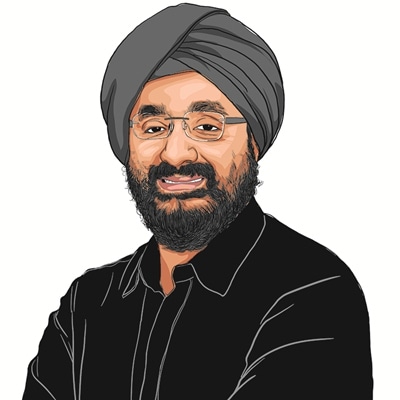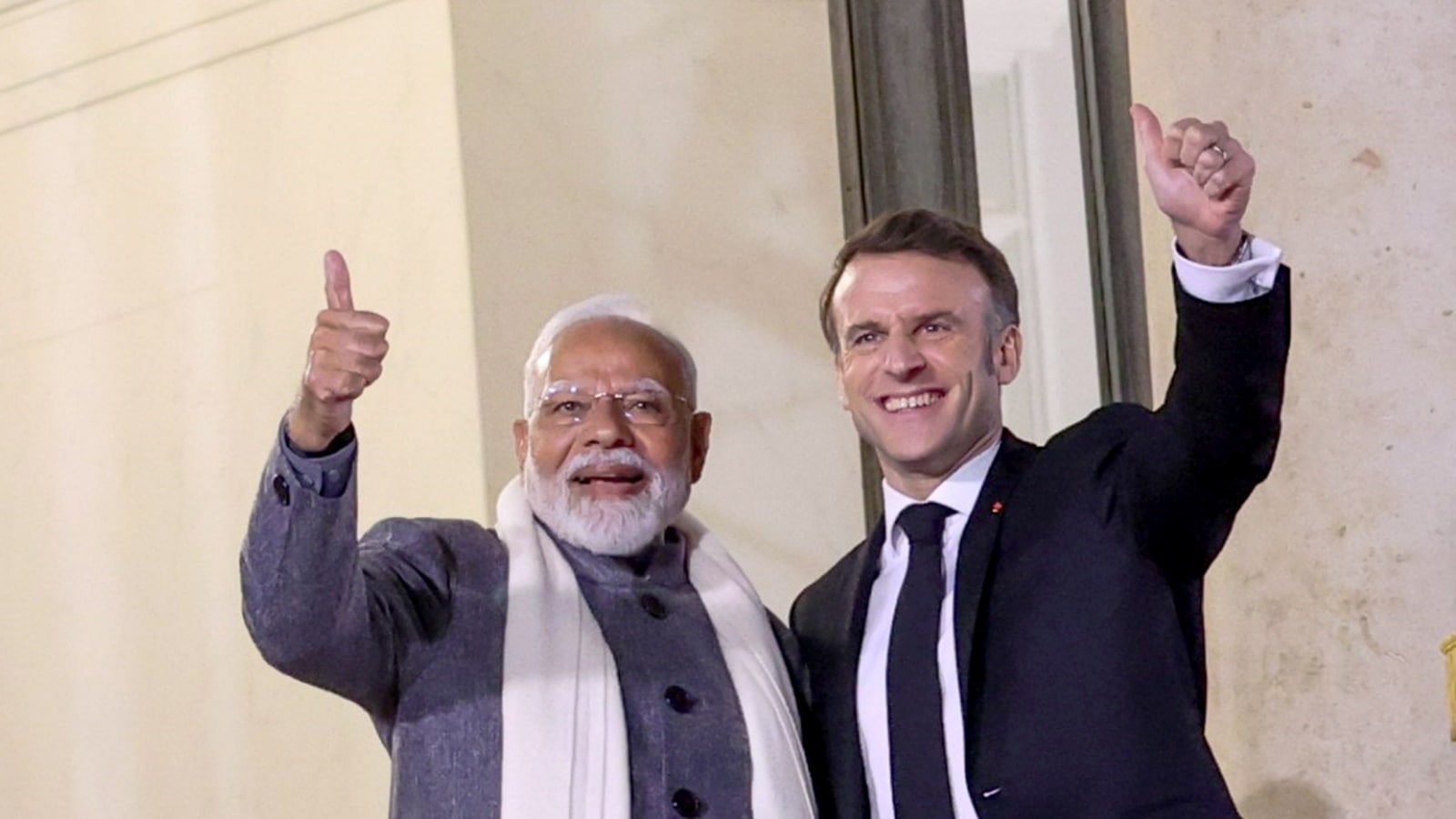

Feb 11, 2025 12:40 IST First published on: Feb 11, 2025 at 12:40 IST
As the delegates wake up to the second day of the Paris AI Action Summit, I can bet there are two things they will be talking about. One, the audacious bid by Elon Musk and backers for the non-profit that controls OpenAI, and two, French President Emmanuel Macron’s startling deepfake videos of himself, which he put up on LinkedIn.
While both provide the shock and entertainment value that AI has been generous with over the last couple of years, there is a deeper meaning and impact at play here. The US is the undisputed leader in AI, and Donald Trump made his intentions very clear with the $500bn Stargate announcement with Sam Altman and Masa Son on the second day of his second term. The EU, of which France is striving to be the AI spearhead, has already taken on unchallenged leadership in the regulation and development of safe AI through its EU AI Act and a raft of AI Safety Institutes.
Story continues below this ad
The Paris Summit, with more than 90 countries participating, is jointly chaired by Prime Minister Narendra Modi and President Macron, and is being attended by US Vice President JD Vance, Vice Premier of China Zhang Guoqing, and Canadian Prime Minister Justin Trudeau, as well as Google CEO Sundar Pichai and OpenAI’s Sam Altman. While the Summit is still to conclude as this column is being written, it reportedly focuses on six key priorities around AI: promoting accessibility and reducing the digital AI divide; maintaining ethical, secure and trustworthy AI; enabling AI development while eschewing centralisation; positively shaping the future of work and jobs; sustainable AI; and reinforcing international cooperation.
A lot of these priorities play into India’s and France’s interests and capabilities. India has bridged its digital divide with its Digital Public Infrastructure (DPI) rollout and has the potential to do the same with AI. It is also concerned about AI affecting jobs and labour markets and would like to see how its vast STEM workforce could provide a competitive edge. For France, it is a chance to showcase Europe’s focus on AI ethics and sustainability. Its formidable nuclear power infrastructure makes it a frontrunner in clean electricity for AI data centres. As Macron joked, “Here there is no need to ‘drill baby, drill’, it is just ‘plug baby, plug’.” He also announced that France will invest 109 billion euros in AI infrastructure and R&D.
As the US retreats into its “America First” fortress, both India and France would like to foster international cooperation and democratisation. As co-chair of the Summit, India has positioned itself as a major AI player and must lead in balancing technological ambition with regulatory pragmatism. Here are my three post-Paris recommendations on the path that India should take
Story continues below this ad
India should take an AI Safety leadership for the Global South
India has a strong and growing economy, a population of 1.4 billion, and it has displayed its leadership in bridging the digital divide through DPI. It now could build on this by taking the lead on AI Safety and Ethics for the Global South. The Ministry of Electronics and Information Technology has already announced the setting up of the AI Safety Institute (AISI), which will set standards, frameworks, and guidelines for AI development without acting as a regulatory body. This will join the global network of AISIs being set up in the UK, Europe, China, Kenya, etc. India should strive to not only be a part of this network shaping AI safety but also become a key player by leading the Global South in this initiative.
Lead in balancing technological ambitions and regulatory pragmatism
While the EU is veering sharply towards strict AI regulation and the US is adopting a much more free-for-all, laissez-faire approach, India can take the middle path. India’s approach has been industry-friendly yet cautious — focusing on innovation while mitigating risks through soft regulations. The summit’s outcomes suggest that harmonisation with global AI norms will become inevitable. However, India must ensure that its regulatory framework does not stifle AI startups with overly restrictive compliance burdens. A balanced approach—where India participates in global safety initiatives while keeping room for domestic AI innovation—would be ideal.
Collaborate with everyone: Europe, US and others
most read
India has a chance to not choose sides and straddle both the US and Europe’s approaches to AI. The US is in an AI race with China. Aligning with the US as an ally would give India unprecedented access to computing infrastructure, innovation and talent. American big tech firms, which are spearheading AI innovation, have a vested interest in India with its vast English-speaking market, global development centres, and an army of software engineers. India should capitalise on this to build strong ties with the US.
The Paris AI Action Summit is a timely punctuation mark in a story being written rapidly. It is a moment for countries to pull themselves together and decide what we want to do with this technology. It is also an opportunity for India to position itself as one of the leaders in this effort.
The writer is the founder of Tech Whisperer Ltd, UK and teaches at Ashoka University


